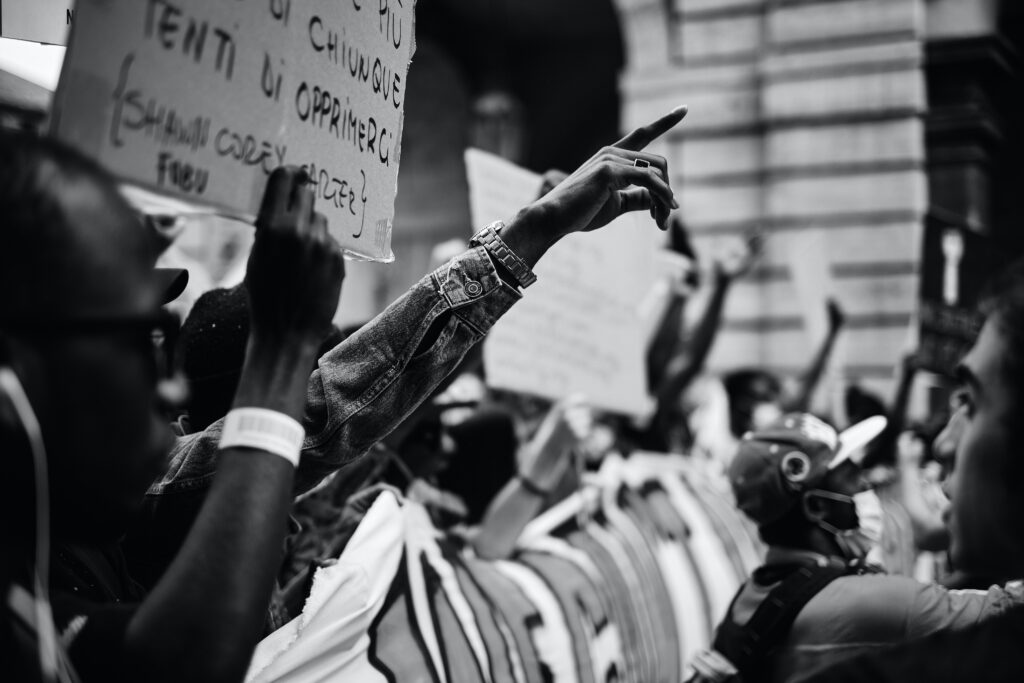
The potential indictment of any public figure, especially someone as high-profile as Donald Trump, carries significant implications for the legal system and the broader political landscape. The indictment against former President Donald Trump centers on his handling of sensitive government documents after he left office.
The Justice Department indictment charges Trump with 37 criminal counts relating to his storage of sensitive federal information after leaving office and his unwillingness to release them, despite being subpoenaed for all remaining classified information in his possession.
The indictment says that Mr Trump not only took from the White House classified documents that he was not authorized to possess but also showed them to visitors and political buddies at his country club. The indictment is unprecedented in American history, as no former president has ever been indicted before.
While we await the trial, what should you expect of the legal journey?
Presumption of Innocence:
First and foremost, it is essential to remember that any indictment against Donald Trump would be subject to the fundamental principle of “presumption of innocence.” Like any other individual facing criminal charges, Trump would be entitled to a fair trial, due process, and the opportunity to present his defense.
Trump has maintained his innocence, stating that, “I am an innocent man!”. The former president has rather called it “election interference at the highest level,”.
Legal Accountability and Rule of Law:
The indictment of a former president raises important questions about accountability and the rule of law. It demonstrates that no one is above the law, regardless of their position or influence. Such an indictment would underscore the significance of holding public officials accountable for their actions, ensuring that they face legal consequences if found guilty of any alleged wrongdoing.
America is undergoing a test of whether we genuinely value the concept of the rule of law. Would Trump face prosecution like everyone else if he is liable of mishandling classified files as against facing prosecution just because he is a former president, while anyone else would escape it
Judicial Independence and Impartiality:
The handling of Donald Trump’s indictment would also put the spotlight on the independence and impartiality of the judiciary. It is crucial that the legal proceedings are conducted without any undue influence or political interference, ensuring that judges and prosecutors can make decisions based solely on the merits of the case and the application of the law.
The presiding judge will oversee an array of pretrial disputes on everything from jury-selection procedures, validity of the case, admissibility of evidence and the timing of a trial. Any of these factors might be crucial to the proceedings or outcome.
And in this case, Judge Aileen M. Cannon, who was appointed by Trump himself in 2020, is scheduled to oversee the trial in Florida.
Ethics experts are looking to see if she will step aside.

Political Fallout and Public Perception:
Given Donald Trump’s polarizing nature and the deeply divided political climate, his indictment would undoubtedly have political ramifications. It could intensify partisan debates, influence public opinion, and potentially impact future elections or political dynamics. The way the legal process unfolds, the evidence presented, and the outcome of the trial, if it proceeds to that stage, would shape public perception and debates surrounding the case.
Precedent and Future Legal Proceedings:
An indictment of this magnitude would set a significant precedent for future legal proceedings involving high-ranking public officials. It would establish a benchmark for how the legal system handles allegations of misconduct by individuals in positions of power. The handling of Trump’s case could influence how future investigations and potential indictments against public figures are conducted and perceived.
While the possibility of Donald Trump’s indictment carries substantial legal system implications, the legal process, if it unfolds, would need to adhere to the principles of fairness, impartiality, and the rule of law. Any indictment and subsequent trial would have broader implications for the accountability of public officials, the perception of the legal system, and the political landscape

